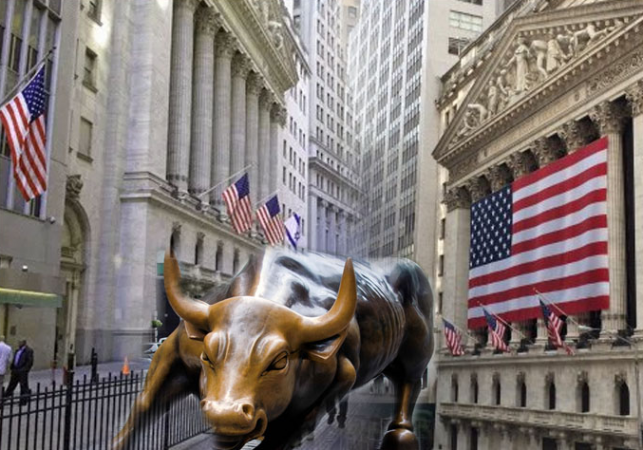
Bangkok: Shares in Asia mainly declined following weakness in tech stocks on Wall Street.
US futures declined slightly due to a rise in oil prices. Japan revised its GDP data upward to show that the economy shrank less in July-September than previously reported, indicating that the country grew more than initially estimated during the most recent major COVID wave. is contracted. outperformed
The Cabinet Office reported on Thursday that the economy contracted at an annual rate of 0.8% in July to September. This was better than the minus 1.2% annual increase previously reported.
Also Read: Elon Musk briefly loses world's richest man's title to Bernard Arnault
The world's third largest economy experienced a quarterly contraction of 0.2% instead of 0.3%. Shares rose in Hong Kong as investors considered the potential effects of the easing of several pandemic restrictions on the Chinese mainland.
In a dramatic change from a strategy that confined millions of people to their homes, rules to isolate people with COVID-19 were loosened on Wednesday, prompting protests and President Xi Jinping to step down. Virus testing requirements were also removed for some public places.
However, experts cautioned that "zero-Covid" restrictions may not be completely lifted until at least mid-2023 because of the need to immunize millions of elderly people and improve the healthcare system.
There are three special reasons to be cautious, if not restrained, in cheering China. First, there's the obvious fact that changing the underlying zero-COVID policies will take time and could be a bumpy process rather than a straight line to immediate gratification, according to a commentary by Mizuho Bank.
The Shanghai Composite fell 0.2% to 3,193.14, while Hong Kong's Hang Seng rose 2.4% to 19,267.52. The S&P/ASX 200 in Australia fell 0.6% to 7,183.00, while the Kospi in South Korea fell 1% to 2,360.24. Shares also declined in Taiwan, Bangkok and Mumbai.
Wednesday's trading session ended with more losses on Wall Street as the S&P 500 fell 0.2%, its fifth straight loss. The previous price was 3,933.92.
The benchmark index carried the most weighting in stocks of technology and communication services companies. Google's parent company Alphabet fell 2.1%, while Apple fell 1.4%.
The heavily tech-heavy Nasdaq Composite fell 0.5% to 10,958.55, while the Dow Jones Industrial Average was down 1.58 points, or essentially flat, at 33,597.92. The Russell 2000 index was down 0.3% at 1,806.90.
Also Read: Speedier drug approvals hit slowdown as FDA faces scrutiny
Treasury yields have come down significantly. Mortgage rates are impacted by the yield on the 10-year Treasury, which fell to 3.42% from 3.53% late Tuesday. The two-year Treasury yield, which typically tracks market expectations of upcoming Federal Reserve action, declined to 4.27% from 4.36%.
Ahead of this week's updates on inflation and consumer sentiment, as well as the Federal Reserve's meeting next week, investors are dealing with a relative lack of news. The main concerns for Wall Street are inflation, aggressive Fed interest rate hikes and recession fears.
US crude oil prices fell 3% to their lowest level of $72.01 per gallon. Early Thursday, it was trading electronically on the New York Mercantile Exchange up 67 cents at $72.68 a barrel.
Brent crude rose 64 cents to $77.81 a barrel. Investors are eyeing data that could provide more insight into the trajectory of inflation going forward and how the Fed will continue to combat higher prices.
On Thursday, the United States will publish weekly unemployment claims information. Controlling inflation has been more challenging for the Fed because the job market has been a strong component of an otherwise slowing economy.
A report on wholesale prices that the government will release on Friday will give more details on how inflation is affecting businesses. A consumer sentiment survey from December will be made public by the University of Michigan on Friday. Economists expect data on wholesale and consumer prices to show a declining trend in inflation.
At its meeting next week, the central bank is expected to hike interest rates by half a percentage point. Since March, it has raised its benchmark rate six times, bringing it to a range of 3.75% to 4%, the highest in fifteen years. By mid-2023, Wall Street expects the benchmark rate to reach a peak range of 5% to 5.25%.
Also Read: China says it will relax its strict anti-COVID-19 regulations
A growing number of analysts are projecting a recession in the US economy in 2023, although they are unsure of its likely severity and length.